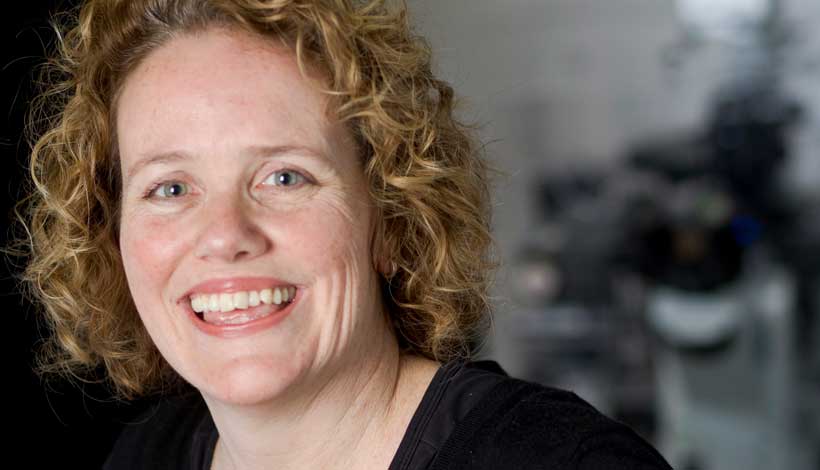3D printers and mini-brains

Recipient: Associate Professor Geraldine O’Neill
Institute: The Children’s Hospital at Westmead
Funding: $119,821 July 2019 to June 2020
New approaches for brain cancer research.
High grade glioma brain cancers are one of the most difficult to treat and deadliest of cancers. Currently there are few treatment options for children and adults diagnosed with this cancer. New research out of the O’Neill lab reveals that some glioma drug targets respond differently to drugs using standard laboratory tests versus new tests that better replicate the unique environment of the brain.
Associate Professor O’Neill’s team aim to use new technical approaches to ‘print’ brain tumours in gels with the same soft consistency as brain and, separately, to grow ‘mini-brains’ from human stem cells. These tools will more accurately measure the likely success of different drugs for treating patients with brain cancer. This may save time and money by stopping clinical trials that are unlikely to succeed and could aid in the identification of new drug targets with a better chance of success.

